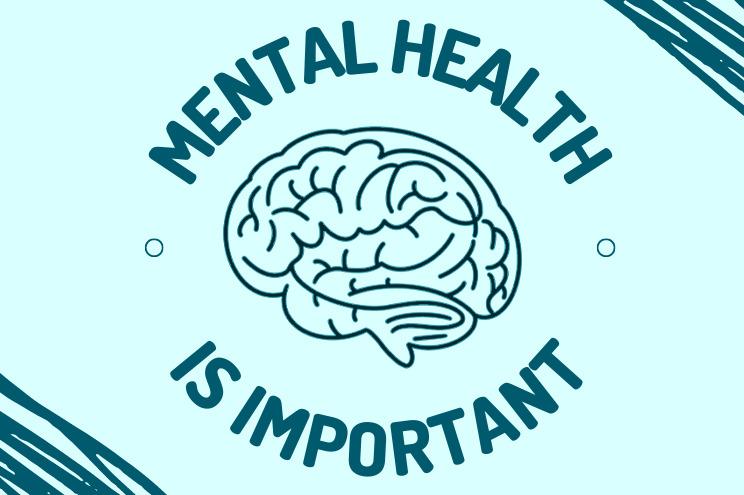
- galaxy
- 10 Oct 2024 08:20 AM
- MentalHealthAwareness
Mental health awareness has gained significant traction in recent years, and for good reason. Mental illnesses, such as depression, anxiety, and bipolar disorder, affect millions worldwide, with the World Health Organization (WHO) estimating that around 1 in 4 people will experience mental health issues at some point in their lives. Despite this prevalence, mental health remains shrouded in stigma and misunderstanding, leading many to suffer in silence.
The Importance of Mental Health Awareness
Raising awareness about mental health is crucial because it fosters understanding, reduces stigma, and encourages individuals to seek help. It also aids in identifying the causes and symptoms of mental illness, essential for early intervention and treatment.
1. Reducing Stigma
One of the most significant barriers to mental health care is the stigma associated with it. Many feel ashamed or afraid to discuss their struggles, fearing judgment or alienation. Mental health awareness helps normalize conversations, showing that it's okay to talk about emotions, seek help, and acknowledge vulnerabilities. This reduction in stigma facilitates support-seeking behavior, improving overall well-being.
2. Encouraging Early Intervention
Early detection of mental illness is key to effective treatment. Mental health awareness equips individuals with the knowledge to recognize signs of mental health challenges in themselves and others. Recognizing symptoms like persistent sadness or changes in sleeping patterns can prompt early intervention, improving chances for recovery.
3. Promoting Healthy Coping Mechanisms
Awareness also highlights the importance of healthy coping strategies. Instead of resorting to destructive behaviors like substance abuse, individuals can engage in positive activities such as exercise, mindfulness, or therapy. Encouraging healthy stress management improves resilience and long-term mental health.
Causes of Mental Illness
Understanding the causes of mental illness is crucial for prevention and effective treatment. They arise from a combination of factors:
1. Genetics and Family History
Genetic predisposition plays a significant role. If a family member has a mental health disorder, others may also be at higher risk. While this doesn’t guarantee the development of a disorder, it suggests a need for monitoring mental well-being.
2. Environmental Factors
Traumatic experiences, such as abuse or witnessing violence, can trigger mental health disorders. Environmental stressors like financial instability or relationship problems also significantly impact mental health.
3. Chemical Imbalances in the Brain
The brain relies on a balance of neurotransmitters to regulate mood and emotions. Disruptions in these chemicals can lead to disorders like depression and anxiety. Treatments often target these imbalances to restore mental health.
Symptoms of Mental Illness
Recognizing the signs of mental illness is crucial for timely intervention:
1. Persistent Sadness or Depression
Prolonged feelings of sadness or hopelessness may indicate clinical depression, affecting daily functioning and relationships.
2. Anxiety and Excessive Worry
Anxiety disorders involve constant worry that interferes with daily life, manifesting as restlessness, irritability, or rapid heartbeat.
3. Changes in Sleeping and Eating Habits
Significant disruptions in sleep or eating patterns may signal mental health problems and require attention.
4. Isolation and Withdrawal
Withdrawing from social interactions and losing interest in activities can be signs of depression or anxiety. Social support is vital for emotional well-being.
Conclusion
Mental health awareness is essential not only for individuals struggling with mental health issues but also for society as a whole. As awareness continues to grow, we move closer to a world where mental illnesses are treated with the same seriousness as physical ailments. Through awareness, we can create a supportive environment where individuals feel comfortable seeking help and embarking on their journey toward mental wellness.






































